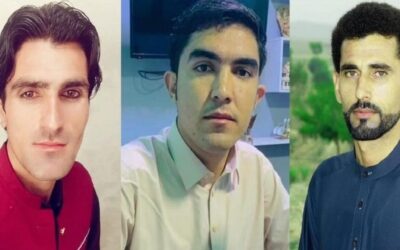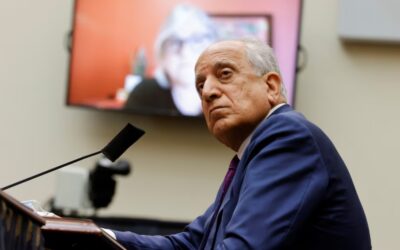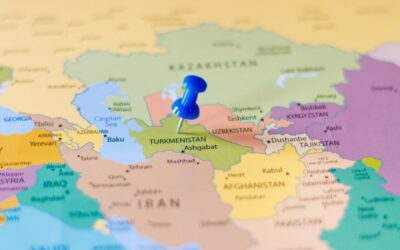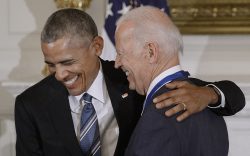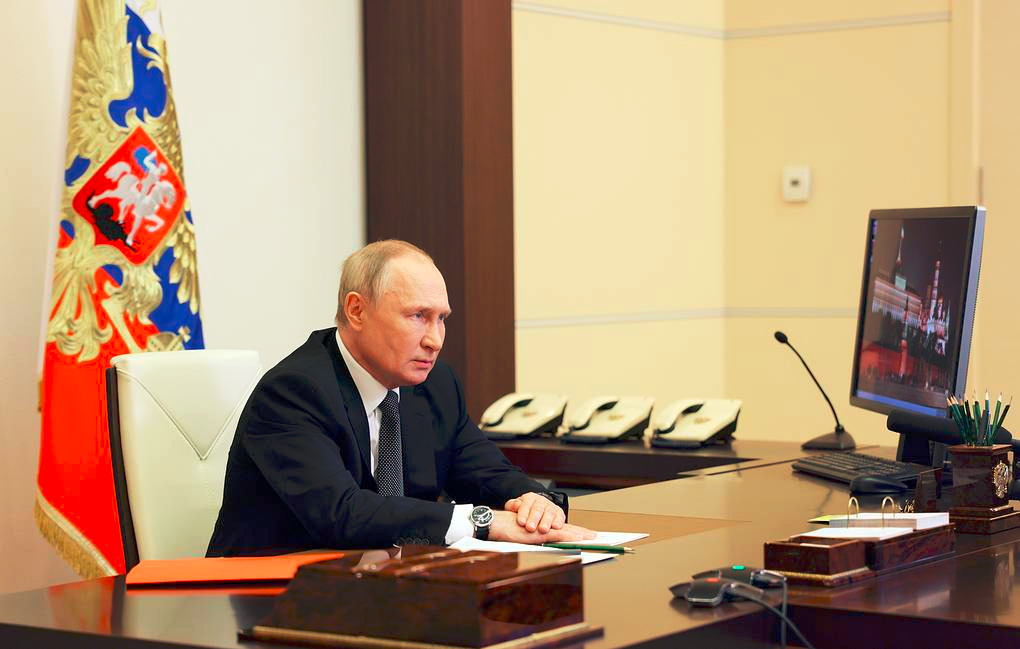
Putin’s Fate is Now Tied to Prigozhin’s
02 July 2023
Yevgeny Prigozhin, head of the private military company, the Wagner Group, is a dead man walking. A thoroughly unsavory character, Prigozhin has reinvented himself several times since his nine-year stint in prison for fraud and robbery while in his twenties, at one point becoming the caterer to the entire Russian Army and the Kremlin. But a man like Prigozhin would never be satisfied in the food service business.
Prigozhin used his vast wealth garnered in food service and gambling to create two ventures close to the Russian state: a troll farm called the Internet Research Agency, which the U.S. Department of Justice indicted for interference with the 2016 U.S. election, and the Wagner Group, a PMC (private military company). The Wagner Group coalesced under Prigozhin in 2014 to provide plausible deniability to Russian president Vladimir Putin for paramilitary operations, first in Crimea, then in Syria and Africa, and now in the Russo-Ukrainian conflict. The Wagner Group operated, in effect, as Putin’s private army.
Not only did this enrich Prigozhin further—a raid of the group’s headquarters in St. Petersburg in the last several days netted 4 billion rubles (about $48 million) in cold hard cash—it also gave him a small but combat-experienced army. Money and men-in-arms equal a measure of real political power, even in autocratic Russia.
But given that Russia is autocratic, such power could not be allowed to persist so close to home. There were signs that the Putin regime would pin the blame for war crimes committed in Ukraine on Prigozhin (crimes the Wagner Group no doubt did commit, but so did official Russian forces), killing two birds with one stone. More proximately, the Putin regime made sure to deploy the Wagner Group troops on the very frontlines, with a high attrition rate, gradually weakening the group as a serious fighting force. At the same time, Wagner’s combat-experienced veterans fought the Ukrainians more effectively than the official Russian conscript army.
Prigozhin understood what was happening. A few months ago, the once highly secretive commander began to post public videos in which he used, shall we say, colorful epithets to lambast the regime. He did not attack Putin himself, but rather Putin’s inner circle, most notably Chief of the General Staff Gen. Valery Gerasimov and Minister of Defence Sergei Shoigu. He accused them of pocketing money meant for ammunition purchases and deceiving Putin about the real status of the Russian position in Ukraine. In essence, Prigozhin accused Gerasimov and Shoigu of treason during a time of war, styling himself as a true, straight-talking patriot.
Prigozhin’s new high-level profile among the Russian public was a very canny ploy to make it harder for Putin to destroy the Wagner Group and assassinate Prigozhin himself. Assassination was, without a doubt, a genuine concern for Prigozhin, given how many oligarchs and bureaucrats in Russia have recently met their demise under suspicious circumstances.
Most commentators in the know feel the tipping point for Prigozhin to go on the offensive over the last few days, taking over Rostov-on-Don and marching within 200 kilometers from Moscow, was, in fact, an attempt by the Putin regime to strike at the Wagner Group’s leadership, dressed up to look like a tragic case of friendly fire. NBC News reported on 23 June that:
In the audio messages on Telegram, Prigozhin accused Russian Defense Minister Sergei Shoigu of ordering a rocket strike on Wagner’s field camps in Ukraine, where its soldiers are fighting on behalf of Russia against Ukrainian forces. The claims have not been verified. An unverified video posted on the ‘Razgruzka Wagner’ (Wagner’s Combat Vest) Telegram channel showed a scene in a forest where small fires were burning and trees appeared to have been broken by force. It carried the caption: ‘A missile attack was launched on the camps of PMC Wagner. Many victims. According to eyewitnesses, the strike was delivered from the rear, that is, it was delivered by the military of the Russian Ministry of Defense.’
Prigozhin then accused Shoigu of killing at least thirty of his men in that rocket strike. Given how much disinformation surrounds all events concerning Russia, it’s unclear what actually happened. What is clear is that Prigozhin must have decided that forces within the Russian regime were conspiring to assassinate him and his leadership team.
What does one do when the Russian government wants you dead, and the West won’t grant you asylum due to war crimes allegations?
Prigozhin is no fool; he’s one of the cagiest characters around. He apparently decided the only play left for him was to up the ante for Putin personally. It would be impossible, of course, for an army of at most 25,000 to take Moscow. But Prigozhin could start the “march for justice,” portraying himself as a true Russian patriot amid a den of thieving bureaucrats and politicians. Even if he didn’t get far, Prigozhin would reveal to the world how much of a paper tiger Vladimir Putin really is, emboldening others within Russia’s circle of power. Best case scenario: Putin would negotiate with him to avoid a bloody fight in the very heart of Russia.
Prigozhin got his best-case scenario. Putin roped in Belarussian autocrat Aleksandr Lukashenko to negotiate a deal whereby Prigozhin would reportedly go into exile in Belarus. The future of the Wagner Group is unclear: African autocrats have reportedly been reassured their Wagner Group units will remain to shore up their fragile regimes. Group members in Ukraine will face integration within the official Defense Ministry command umbrella. Overall, the Wagner has been seriously weakened, despite Prigozhin’s hope to command the group from exile.
Prigozhin himself will live for another day, and he has grievously wounded Putin’s carefully cultivated reputation for strength not only on the world stage but also in Russia itself, where weakness brings out the wolves in force. It was a masterstroke by a player holding a very weak hand.
Because of this, Prigozhin is a dead man walking. There is likely a doorknob with Novichok—or worse—on it in his future, to be sure. At the time of writing, he made it to Minsk, but there are rumors that once he arrived in Minsk, he was swiftly put on a plane to Moscow. What’s more interesting to consider, however, is whether by his bold choice, Prigozhin has, in effect, given Putin the same fate. Only time will tell.
Valerie M. Hudson is a University Distinguished Professor at the Bush School of Government and Public Service at Texas A&M University, where she holds the George H.W. Bush Chair. Her views are her own.
Source: The National Interest
there is not post in layout 2
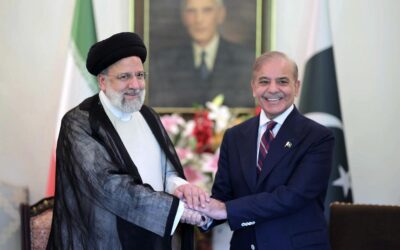
Pakistani and Iranian Leaders Commit to Strengthen Cooperation in Combating Militancy Originating from Afghanistan
Pakistan and Iran, neighboring nations with a lengthy and permeable...



